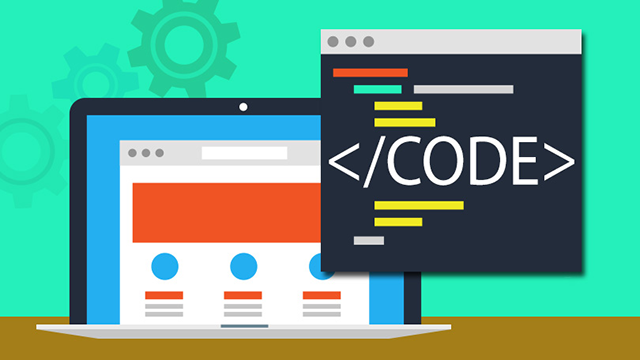You are here
The fine art of computer programming
By Jean-Claude Elias - Jun 08,2017 - Last updated at Jun 08,2017
So many aspects of our life, so many tasks, operations and activities are being or have already been automated that analysts now predict the end of countless jobs and professions in the near future.
If computers can translate languages, generate clear speech, instantly look for information, provide medical diagnosis, and so forth, if cars and airplanes are going to operate unmanned soon, who then needs human beings? Or, to put the question in a more relevant manner, what type of human beings, what jobs will still be required?
Automation nowadays implies digitisation and connectivity, and consequently computer programming. It would then be reasonable to conclude that programmers are what the world needs and will still depend on for a very long time.
Many years ago one of our college teachers told us “if you take computer programming and are good at it, you can be sure always to find a job, for as long and as far as I can see”.
Programming has dramatically evolved over the last few years, not only in terms of languages used and syntax but also in terms of structure. Provided you learn and get to know the new languages, HTML5 for example, you can develop applications much faster than say 30 or 40 years ago.
The logic and the reasoning behind remain the same and are based on the same principles: statements, handling input-output, storage, loops, comparisons, Boolean algebra and control of external devices. It is like learning the basics of mathematics, you can then evolve and move upwards to any level you like, and keep learning new tricks.
It goes without saying that the overwhelming part of programming today goes into web and cloud applications. Still, “local” databases such as Microsoft Access and VBA (Visual Basic for Access Application) are much in demand and do not require web programming. Actually some businesses prefer this type of programming, adding to it SQL (Structured Query Language) to achieve wide compatibility and superior efficient. Such programming ensures higher safety of data, doing away with the “online” option.
All colleges and schools in Jordan teach the new ways of programming and the country remains one of the leaders when it comes to providing the entire region with programming know-how for businesses and governments.
If the technical part of modern programming is understood, the business part of it is trickier. You still have to write programmes and make money selling them, supporting them. It is not as easy as it sounds, for unless you do it on a large scale like the industry’s giants like Microsoft to name the biggest, the operation may prove not to be feasible.
Jordan has several great companies that have proved to be very successful with their software applications that are used every day not only in Jordan but also in Saudi Arabia and the UAE, mainly. To name a few of these Jordanian successful stories from the private sector: Sky Software, Blue Ray Web Solutions, IrisGuard, Progressoft…
Those who want to embrace computer programming but do not plan to do it on a big commercial scale can still develop and write small applications for Android or iOS mobile devices and sell them on the specific market for each: Google Play and App Store, respectively. The only investment they would need is their brain and essential programming skills.
What then makes the difference between a programme that just works and one that shines is where art, taste and extra grey cells come. It is a challenge, it is a game and it is often very rewarding, intellectually and financially. It is definitely the future.
Related Articles
It has been here since the very beginning of the modern computer era, circa the 1950s, and it is proving now that it is more important than
You’re in love with your tablet, have become addicted to it, and plan to do a million things with it, but everyone around tells you that you
Computer programming has never gone out of fashion and will probably never in the foreseeable future.

















